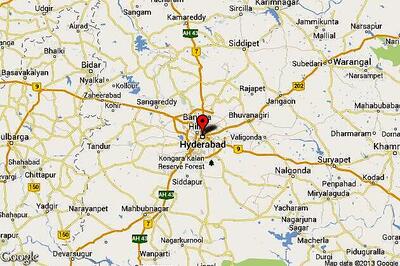
views
CHENNAI: Terming the Biotechnology Regulatory Authority of India (BRAI) Bill as a “threat to the food sovereignty and security of the country,” a committee formed by various activists, farmers’ groups and traders in the State on Friday demanded that the Bill be scrapped with immediate effect. They requested the State government to take a stand against the infringement on its powers by the Centre through the Bill, expected to the tabled in Parliament in the winter session.At a press conference here, members of the Joint Action Committee against BRAI Bill said the core objectives of the law were against the farmers as the Bill, without fully examining the pros and cons of the genetically modified (GM) crops, had come to the conclusion that GM crops were a necessity to the country and was setting up a regulatory body that would have “no transparency.” Elaborating on the Tamil Nadu experience with Bt Cotton, data for which was obtained from the government itself and released as a document on Friday, the activists said unlike the promise made by the GM seeds manufacturing companies, the use of pesticides has not come down. The cost of cultivation of cotton, which com es to about Rs 22,350 per hectare in 1999-2000, has doubled to Rs 42,145 in 20 09. Pointing to the provisions in the proposed law, convenor of the Alliance for Sustainable Agriculture Kavita Kuruganti said the law gave the Centre overriding powers over the State governments despite agriculture being in the State list. Seven States have already taken a no-GM stand and Bihar has even written to the Centre. Activists also said Section 2 of the Bill has brought in an expediency clause whereby the whole regulation of biotechnology is vested with the Centre. This apart, Sections 81 and 87 gave the Centre vast overriding powers that would affect the laws enacted by the States.Promotion of genetic engineering is one of the objectives of the Department of Biotechnology coming under the Ministry of Science and Technology. This looked like a classic case of “promoter being the regulator” as the same ministry is the nodal agency for the Bill. Sridhar Radhakrishnan, convenor of the Coalition for GM Free India, said an analysis of farmer suicides had revealed that most such incidents took place in Bt Cotton cultivating belts such as Vidarbha in Maharashtra. He questioned the rationale behind rushing with a regulatory Bill when a Parliament Standing Panle was still looking into the issue of GM technology. Later, the activists met Minister for Agriculture S Damodaran and submitted a representation.


















Comments
0 comment